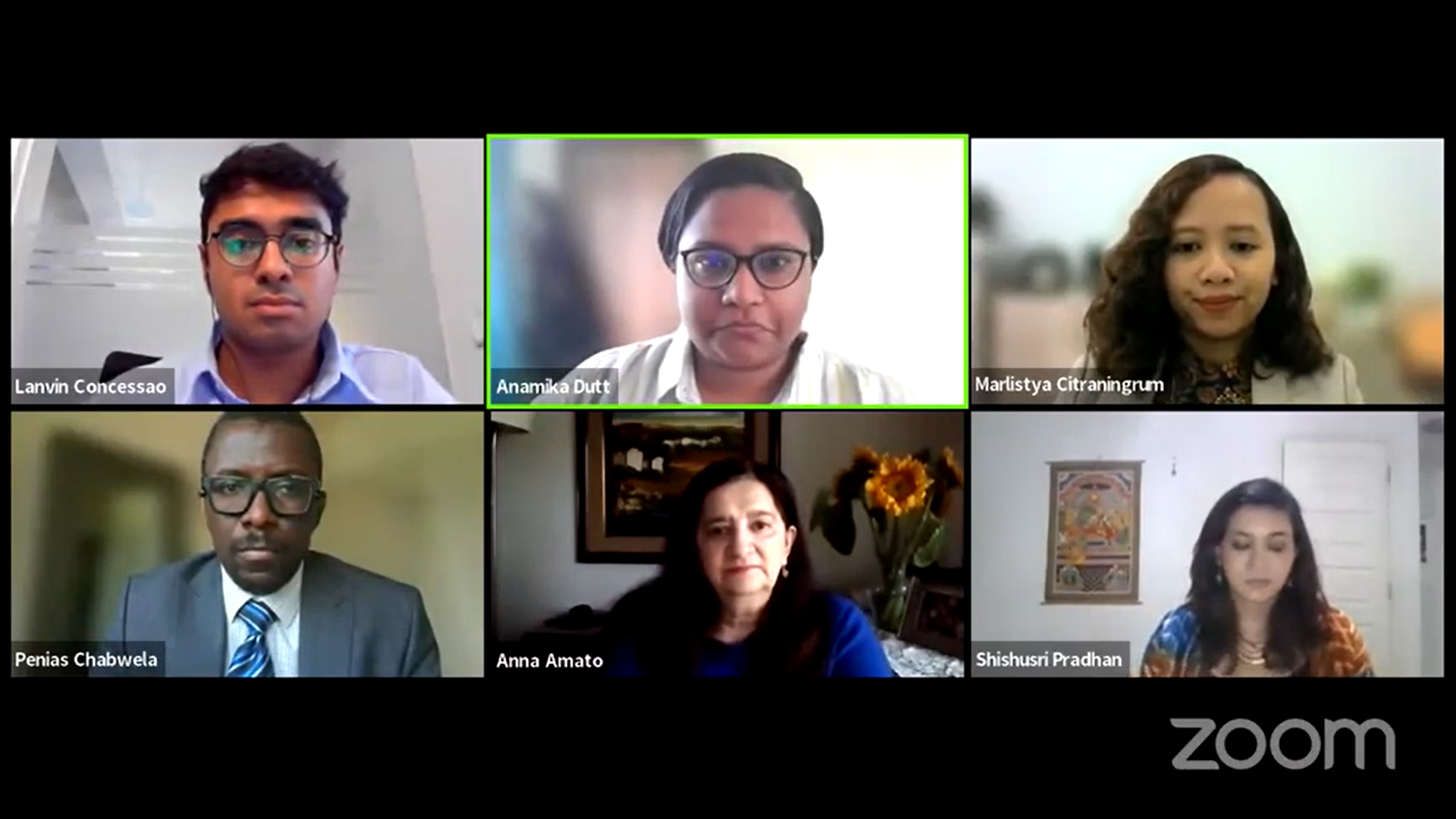Jakarta, 16 June 2022 – Energy is a primary necessity for all people. By having proper access to energy, people get the opportunity to improve their quality of life through education, social gathering, and even economic activity. Realizing its impact on human civilization, it needs serious attention, particularly in terms of its measurement and monitoring. However, the Indonesian government has an unclear method of measuring energy access around the country. Through the Ministry of Energy and Mineral Resources, the Indonesian government uses “ratio electrification” to define whether an area (a village, for instance) has access to energy or not. In other words, for instance, a village could possibly consist of fifty houses, and only one house has access to PLN’s services so it leads to the consideration as the whole village has been ‘electrified’ or already accessing electricity.
This facts was revealed by Marlistya Citraningrum, Sustainability Energy Access Program Manager, IESR in the webinar “Peeling the Onion: Monitoring, Evaluation, and Other Acronyms for Assessment and Learning in Energy Access” hosted by World Relief Institute (WRI) India
She also added that the government’s ratio electrification method only measures the tier-one electricity access, such as lighting which is often still not available 24 hours. There is no other technical aspect to define energy access in Indonesia.
The recommendation brought by the Institute for Essential Services Reform says that the Indonesian government must redefine energy access terms by including the quality of the electricity received by the community to define whether an area is considered electrified or not yet.
The multi-tier framework approach can be utilized to define in which spot the quality of electricity in Indonesia. Multi-tier framework itself categorizes electricity from tier 0 to tier 5.
[table id=81 /]
Source: World Bank Document, Bhatia and Angelou 2015
A more comprehensive method to define energy access status is crucial to be implemented in Indonesia because once a method is not comprehensive, the measuring result is not representing the real condition and may lead to a misidentification.
A pilot project of the energy delivery model by the Institute for Essential Services Reform in Boafeo, East Nusa Tenggara figured out that the community needs more than basic energy access. Community needs energy that can improve their livelihood and economy through coffee farming production, as well as improve the quality of education for their children.
“If we refer to MEMR’s electrification ratio, we are not able to see the need to improve coffee farming production nor the hope to improve education output, because the village is already connected to the grid (PLN) in early 2021,” Marlistya explained.
She later emphasized that a misidentification of a condition may lead to the wrong offered solutions. Therefore it is very crucial to identify the actual issue and condition comprehensively.

